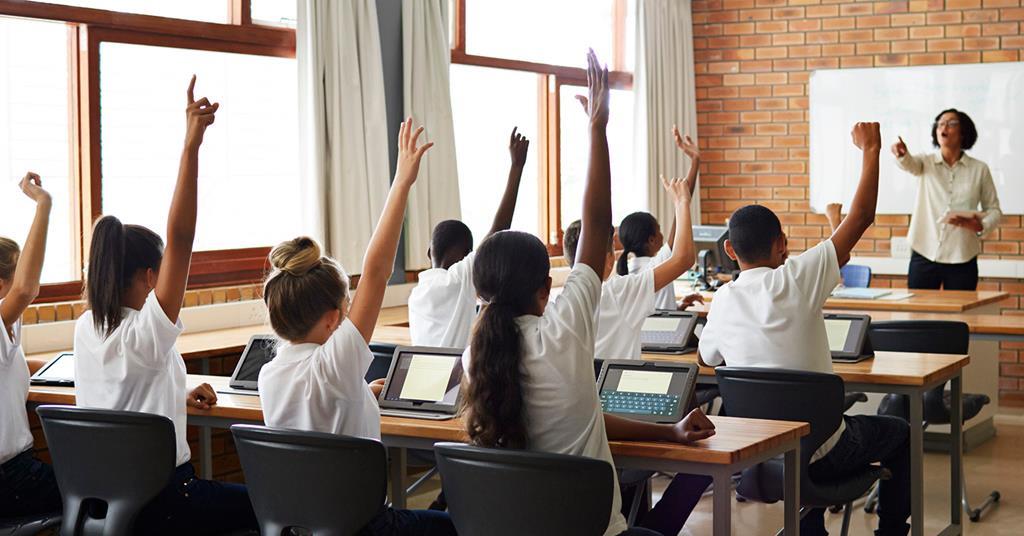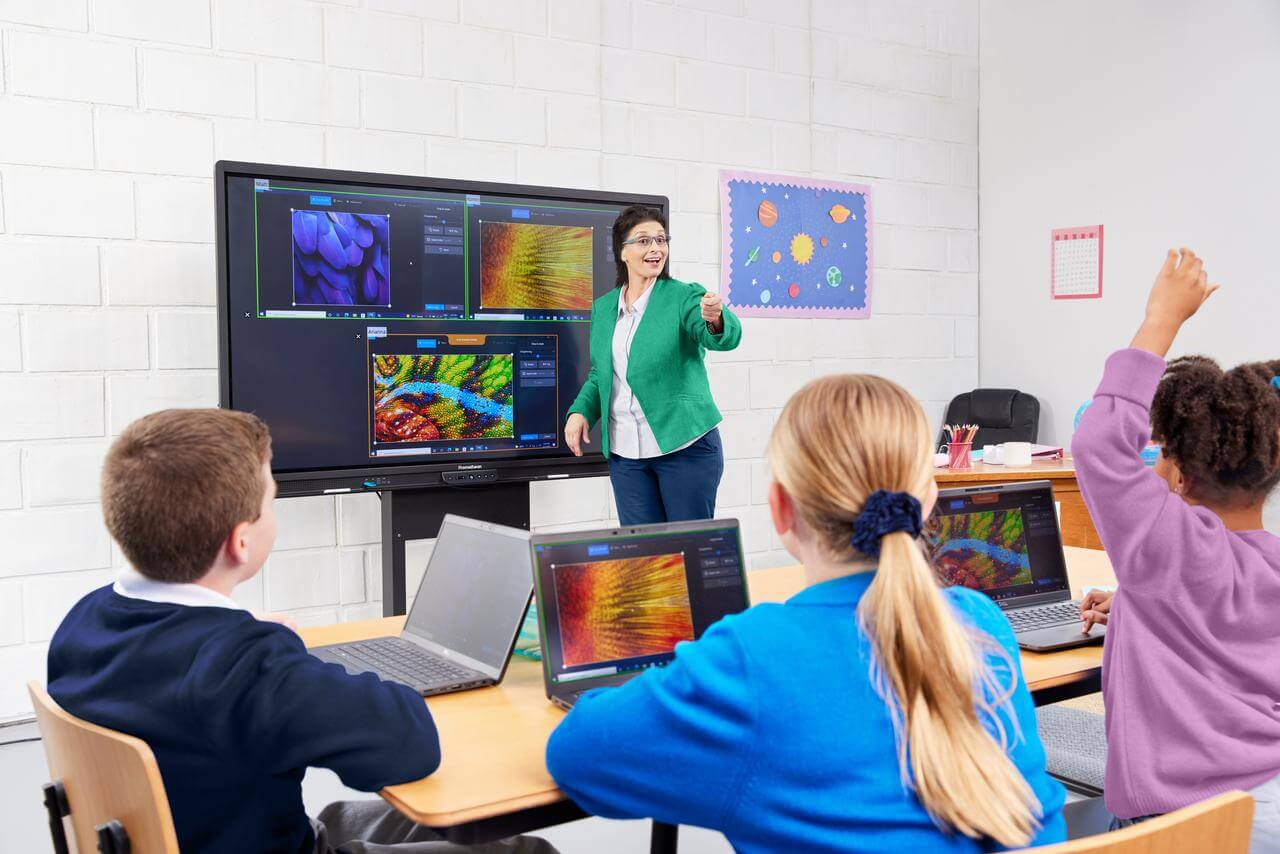Unlock Your Child’s Potential with Primary Science Tuition Singapore
Unlock Your Child’s Potential with Primary Science Tuition Singapore
Blog Article
Discovering the Various Training Strategies in Key Scientific Research Education Today
The landscape of main science education is evolving, with various mentor approaches gaining prominence in modern class. Inquiry-based knowing, hands-on experiments, and the combination of technology are redefining how educators involve young minds. In addition, collective techniques and separated direction are being utilized to satisfy the diverse demands of pupils, boosting both engagement and understanding. As we examine these techniques, concerns occur about their performance and the ramifications for future educational techniques. What might these changes in method mean for the following generation of learners?
Inquiry-Based Understanding
Inquiry-Based Discovering (IBL) is an instructional method that motivates pupils to check out clinical principles through wondering about, investigation, and hands-on testing. This method highlights the role of trainees as energetic participants in their discovering, advertising important reasoning and problem-solving abilities. By engaging with real-world questions, students come to be curious and determined, which boosts their understanding of clinical principles.
In IBL, educators function as facilitators, directing pupils as they navigate their inquiries instead than delivering information straight. This student-centered approach enables for differentiation, fitting numerous discovering styles and paces. Pupils create skills in developing hypotheses, developing experiments, and assessing data, which are essential for scientific proficiency.
Additionally, IBL fosters cooperation amongst pupils, motivating them to share concepts and findings. This cumulative questions advertises social skills and a sense of community within the classroom. The procedure of query motivates resilience, as pupils find out to welcome failure as a stepping rock towards understanding.
Hands-On Experiments
Hands-on experiments are a crucial component of reliable scientific research education, matching the principles of inquiry-based discovering. These experiments permit pupils to involve directly with clinical principles, fostering a much deeper understanding with experiential knowing. By manipulating materials and observing outcomes, young students can understand abstract concepts in concrete methods.
Such activities promote crucial reasoning and analytical abilities, as students assume outcomes, conduct experiments, and assess results. This procedure encourages them to ask concerns, improve their understanding, and establish a clinical way of thinking. Hands-on experiments can be tailored to diverse knowing styles, guaranteeing that all trainees have the chance to involve meaningfully with the web content.
In addition, hands-on experiments often motivate collaboration among peers, promoting teamwork and interaction abilities. Operating in groups makes it possible for trainees to share concepts, talk about searchings for, and gain from one another, which boosts their overall educational experience.
Incorporating hands-on experiments right into the key scientific research educational program not just enhances the finding out environment but also cultivates a lifelong interest in science. By proactively taking part in their education, trainees are most likely to create an interest for clinical query that prolongs beyond the classroom.

Innovation Assimilation
Incorporating modern technology right into key scientific research education has ended up being significantly essential in promoting pupil involvement and enhancing discovering outcomes. Making use of digital tools, such as interactive simulations, online labs, and educational software application, offers pupils with chances to check out scientific concepts in cutting-edge means. These resources help with a deeper understanding of intricate visit this site subjects by allowing students to picture and control variables that would be impractical in a traditional class setup.
In addition, innovation integration urges individualized discovering experiences. Trainees can advance at their own pace, taking another look at challenging ideas with multimedia resources, which deal with different learning styles. This versatility not just sustains specific growth however likewise grows a feeling of autonomy in students.
Furthermore, technology acts as a bridge to real-world science, linking students with present study and professional payments. Accessibility to scientific journals and on-line databases expands pupils' perspectives on clinical questions and promotes vital assuming skills.
Collaborative Discovering
Joint discovering plays a vital duty in primary scientific research education and learning by cultivating synergy and communication skills among trainees. This approach urges students to collaborate, share expertise, and involve in problem-solving, which improves their understanding of scientific principles. By taking part in group activities, trainees discover to express their concepts, pay attention to varied viewpoints, and negotiate services, all of which are crucial abilities in both scholastic and real-world contexts.
:max_bytes(150000):strip_icc()/GettyImages-595348697-5b356e9ac9e77c00372d12a8.jpg)
Research study indicates that joint knowing can bring about enhanced inspiration and engagement in scientific research subjects, as pupils discover enjoyment in common experiences (primary science tuition Singapore). Additionally, this strategy prepares trainees for future collaborative undertakings, outfitting them with the skills essential for efficient synergy in higher education and learning and expert settings. Eventually, welcoming collective learning in main scientific research education can dramatically enrich the knowing experience and promote a much deeper understanding of clinical questions
Distinguished Direction

Set apart guideline can show up in numerous means, such as differing the material, processes, or products of knowing. For example, teachers may use tiered assignments that provide differing degrees of intricacy, enabling trainees to operate at their respective readiness levels. Additionally, flexible grouping techniques find out this here can help with collaboration amongst pupils with different abilities, cultivating peer learning.
Evaluation plays an essential duty in this strategy, as it notifies instruction and assists educators understand each pupil's one-of-a-kind demands. Developmental evaluations, such as monitorings and tests, can assist educators in adjusting their methods to improve learning outcomes. primary science tuition Singapore. Eventually, by applying differentiated direction in primary scientific research education, teachers can grow a more fair and effective learning setting, empowering all trainees to reach their complete potential in comprehending clinical phenomena
Verdict
In summary, the diverse mentor strategies in primary scientific research education and learning, including inquiry-based understanding, hands-on experiments, innovation integration, joint knowing, and distinguished instruction, collectively contribute to a much more reliable discovering setting. These techniques advertise vital reasoning, problem-solving abilities, and a deeper understanding of clinical principles. By implementing these techniques, teachers can produce supportive and appealing class that resolve the different requirements of pupils, inevitably fostering a long-lasting interest in science and improving academic achievement.
Inquiry-Based Learning (IBL) is an instructional technique that motivates pupils to explore clinical principles through wondering about, investigation, and hands-on trial and error.Collective discovering plays a crucial function in primary scientific research education and learning by promoting team effort and communication abilities amongst students.Research shows that collective knowing can lead to increased inspiration and interaction in science topics, as trainees find satisfaction in common experiences.In fostering a comprehensive discovering environment, differentiated guideline emerges as a key approach to fit the varied requirements and capabilities of students in key science education. Inevitably, by carrying out separated instruction in primary scientific research education, educators can grow a much more equitable and efficient knowing setting, empowering all trainees to reach their full capacity in understanding clinical sensations.
Report this page